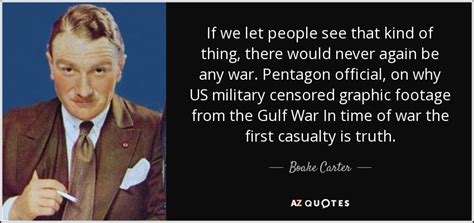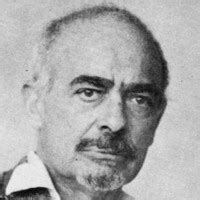A Quote by Jean-Claude Juncker
In 1913 many believed that there would never again be a war in Europe. The great powers of the continent were so closely intertwined economically that the view was widespread that they could no longer afford to have military confrontations.
Related Quotes
Unconditional war can no longer lead to unconditional victory. It can no longer serve to settle disputes. It can no longer concern the Great Powers alone. For a nuclear disaster, spread by wind and water and fear, could well engulf the great and the small, the rich and the poor, the committed and the uncommitted alike. Mankind must put an end to war--or war will put an end to mankind.
For two generations up through the mid-1980s, many thought we were losing the Cold War, even in early 1989, few believed that Poland`s solidarity movement could win, that the Iron Curtain would come down, that the Baltic states could be free, that the second of the 20th century`s great evils, communism, could be vanquished without war, but it happened and the West`s great institutions, NATO and the E.U., grew to embrace 100 million liberated Europeans.
The Second World War had a precipitating effect in that it discredited the empires, as well as bankrupting them. Not only could you no longer, if you were a colonial subject of France in Africa, look to France as a model of power and influence and civility after what had happened in the war. Nor could the French any longer afford to run their empire. And nor could the British, although they were not discredited in the way that the French were.
When anesthesia was developed, it was for many decades routinely withheld from women giving birth, since women were "supposed" to suffer. One of the few societies to take a contrary view was the Huichol tribe in Mexico. The Huichol believed that the pain of childbirth should be shared, so the mother would hold on to a string tied to her husband's testicles. With each painful contraction, she would give the string a yank so that the man could share the burden. Surely if such a mechanism were more widespread, injuries in childbirth would garner more attention.
I began to realize that, in spite of great achievements in wealth and military prowess, the great powers of Europe have not yet succeeded in providing the greatest happiness of the vast majority of the people; and that the reformers in these European countries were working hard for a new social revolution.
Both of my grandfathers fought in the Second World War, and my great-grandfather died at the Somme in the First World War. I never truly believed that the War just finished and everyone was happy-clappy, brought out the bunting, and felt everything was okay again. That's definitely not my impression of the fall-out of war.
As a peace machine, it's value to the world will be beyond computation. Would a declaration of war between Russia and Japan be made, if within an hour there after a swifty gliding aeroplane might take its flight from St Petersburg and drop half a ton of dynamite above the enemy's war offices? Could any nation afford to war upon any other with such hazards in view?
Once the war began, the government could do anything 'necessary' to win it; so it was with the 'final solution of the Jewish problem,' which the Nazis always talked about but never dared undertake, not even the Nazis, until war and its 'necessities' gave them the knowledge that they could get away with it. The people abroad who thought that war against Hitler would help the Jews were wrong. And the people in Germany who, once the war had begun, still thought of complaining, protesting, resisting, were betting on Germany's losing the war. It was a long bet. Not many made it.































